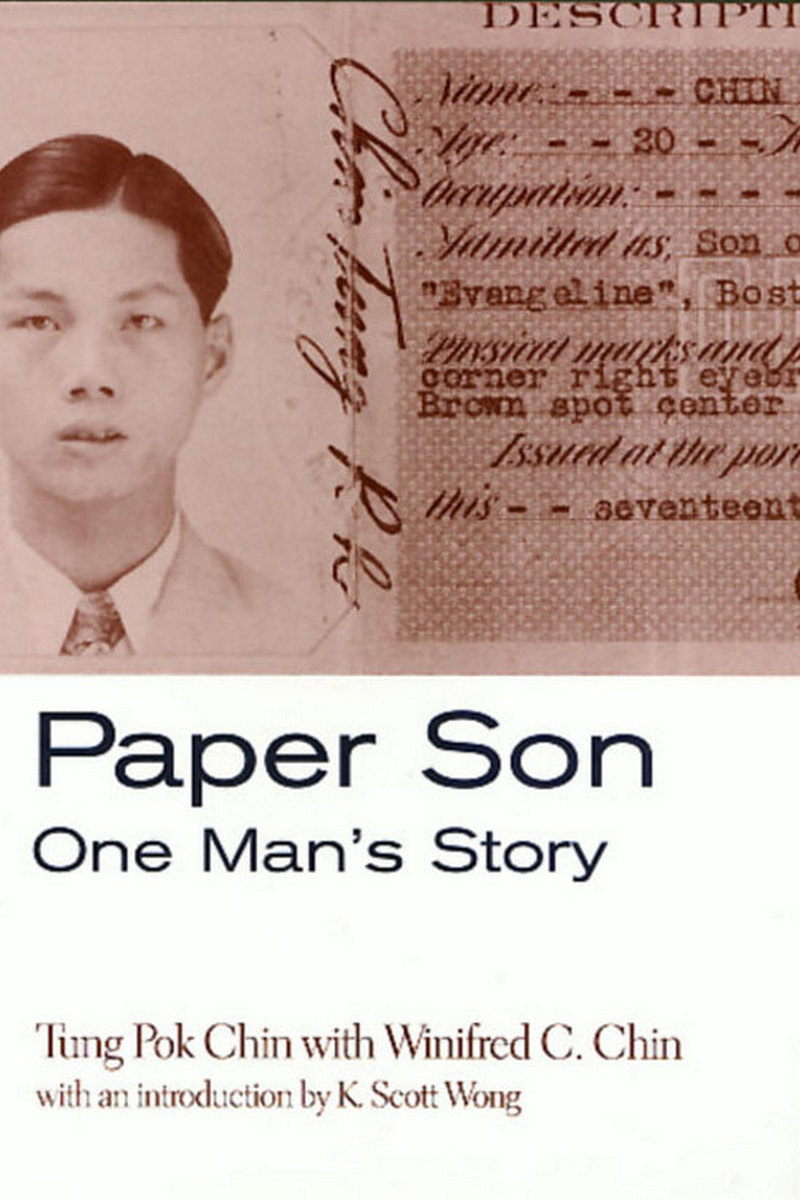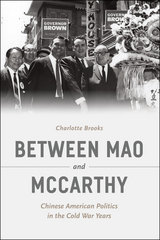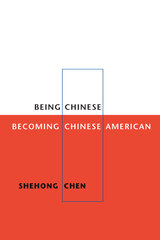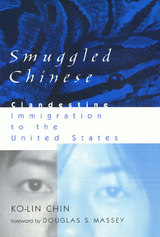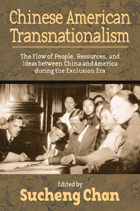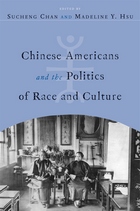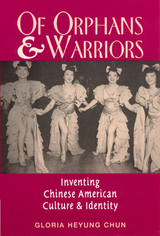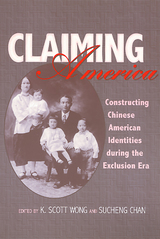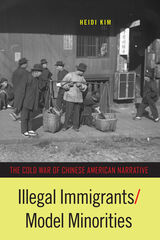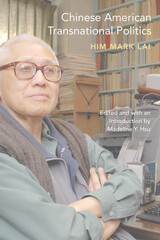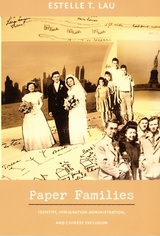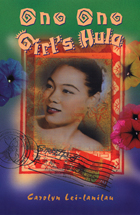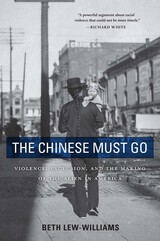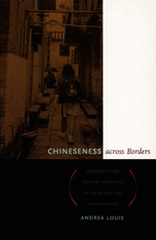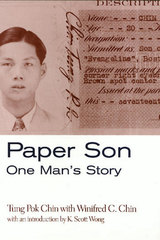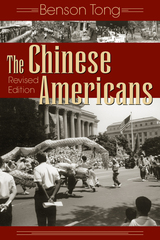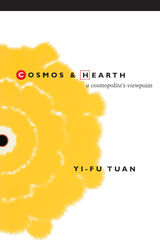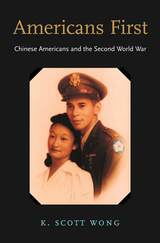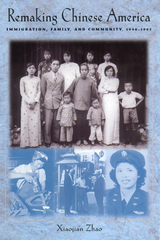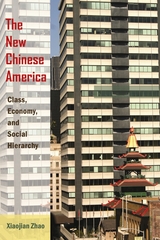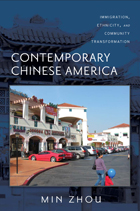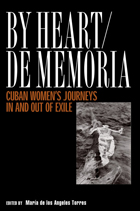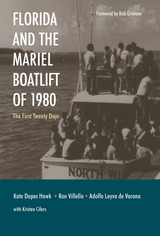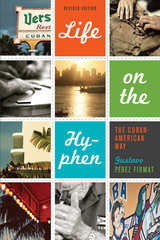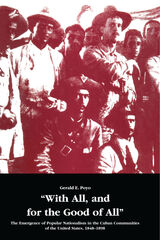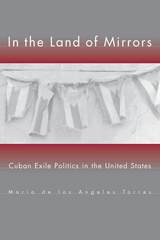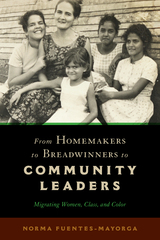Paper Son: One Man's Story
Temple University Press, 2000
eISBN: 978-1-59213-812-8 | Cloth: 978-1-56639-800-8 | Paper: 978-1-56639-801-5
Library of Congress Classification E184.C5P27 2000
Dewey Decimal Classification 973.04951
eISBN: 978-1-59213-812-8 | Cloth: 978-1-56639-800-8 | Paper: 978-1-56639-801-5
Library of Congress Classification E184.C5P27 2000
Dewey Decimal Classification 973.04951
ABOUT THIS BOOK | AUTHOR BIOGRAPHY | REVIEWS | TOC | REQUEST ACCESSIBLE FILE
ABOUT THIS BOOK
In this remarkable memoir, Tung Pok Chin casts light on the largely hidden experience of those Chinese who immigrated to this country with false documents during the exclusion era. Although scholars have pieced together their history, first-person accounts are rare and fragmented; many of the so-called "Paper Sons" lived out their lives in silent fear of discovery. Chin's story speaks for the many Chinese who worked in urban laundries and restaurants, but it also introduces an unusually articulate man's perspective on becoming Chinese American.
Chin's story begins in the early 1930s, when he followed the example of his father and countless other Chinese who bought documents that falsely identified them as children of Chinese Americans. Arriving in Boston and later moving to New York City, he worked and lived in laundries. Chin was determined to fit into American life and dedicated himself to learning English. But he also became an active member of key organizations -- a church, the Chinese Hand Laundrymen's Alliance, and the Chinese Consolidated Benevolent Association -- that anchored him in the community. A self-reflective and expressive man, Chin wrote poetry commenting on life in China and the hardships of being an immigrant in the United States. His work was regularly published in the China Daily News and brought him to the attention of the FBI, then intent on ferreting out communists and illegal immigrants. His vigorous narrative speaks to the day-to-day anxieties of living as a Paper Son as well as the more universal immigrant experiences of raising a family in modest circumstances and bridging cultures.
Historian K. Scott Wong introduces Chin's memoir, discussing the limitations on immigration from China and what is known about Exclusion-era Chinese American communities. Set in historical context, Tung Pok Chin's unique story offers and engaging account of a twentieth-century Paper Son.
Chin's story begins in the early 1930s, when he followed the example of his father and countless other Chinese who bought documents that falsely identified them as children of Chinese Americans. Arriving in Boston and later moving to New York City, he worked and lived in laundries. Chin was determined to fit into American life and dedicated himself to learning English. But he also became an active member of key organizations -- a church, the Chinese Hand Laundrymen's Alliance, and the Chinese Consolidated Benevolent Association -- that anchored him in the community. A self-reflective and expressive man, Chin wrote poetry commenting on life in China and the hardships of being an immigrant in the United States. His work was regularly published in the China Daily News and brought him to the attention of the FBI, then intent on ferreting out communists and illegal immigrants. His vigorous narrative speaks to the day-to-day anxieties of living as a Paper Son as well as the more universal immigrant experiences of raising a family in modest circumstances and bridging cultures.
Historian K. Scott Wong introduces Chin's memoir, discussing the limitations on immigration from China and what is known about Exclusion-era Chinese American communities. Set in historical context, Tung Pok Chin's unique story offers and engaging account of a twentieth-century Paper Son.
See other books on: Boston (Mass.) | Chinese | Chinese Americans | New York (N.Y.) | Noncitizens
See other titles from Temple University Press
